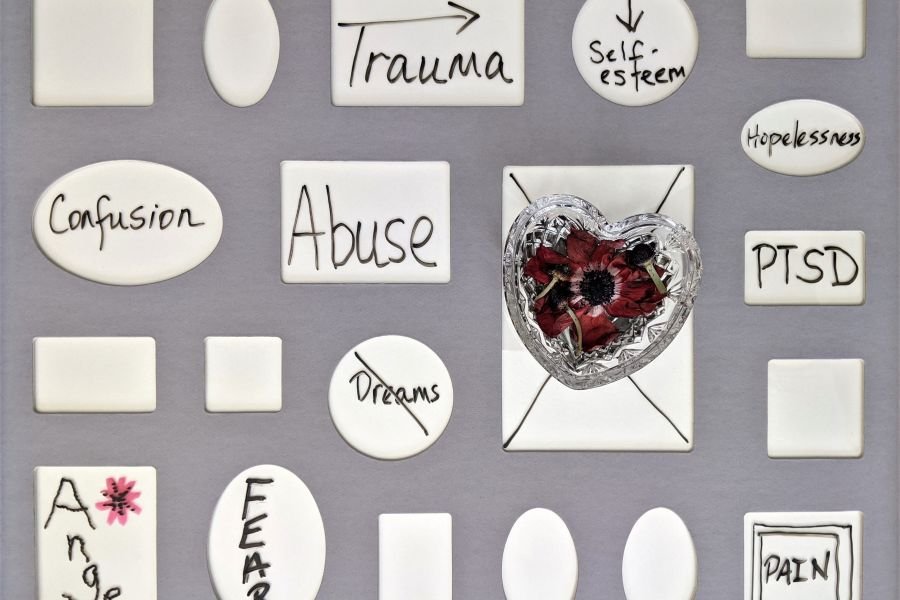Your memories due to post-traumatic stress disorder haunt you.
Even though you do your best to push them aside or bury them deep within, they come back when you least expect them. And when they come back, they usually manifest themselves in symptoms that, to others, seem irrational.
For instance, always being alert to any perceived danger, or avoiding certain places for fear of what you might think or feel. Then there are the nightmares from the sleepless nights that keep you up until morning.
You wonder, “What can I do?”
Here’s how EMDR can help.
The Basics of EMDR
EMDR, which is short for eye-movement desensitization and reprocessing, is a treatment method that uses eye movements in combination with suggestions and promptings from your therapist. Here’s how it works in a nutshell:
- Your therapist first meets with you to understand the history of your complex PTSD and how you are affected by its symptoms.
- Before the EMDR treatments begin, you first learn mindfulness coping skills to manage anxiety and stress.
- When you have an EMDR session, you and your therapist agree on a specific topic or memory to focus on.
- During the session, your therapist passes a finger or a pen back and forth. You follow the object with your eyes (hence the eye-movements).
- While this happens, you focus on the particular memory.
The idea is that, over time, the emotional impact of that memory fades. The combination of the physical aspect of the eye movements and the memory recall effectively neutralizes the emotional toxicity of the memory. Eventually, it will no longer be a source of stress.
The Importance of Experiencing the Memory
One of the reasons PTSD is such a problem is that the thoughts and memories associate with the trauma are very painful. This can certainly be true if you went through a singular, traumatic experience, such as an accident or illness.
But what if that trauma kept happening all the time, day-after-day, year-after-year? This the legacy of complex trauma. Single events blur over years or even decades of trauma. So those memories become very painful to experience.
With EMDR, you don’t even recall the whole memory. It might be just a piece of that memory. Over time, you recall more of those pieces until the whole memory is resolved.
Handling the Stress of Memory Recall
There are some important points to understand with how this process works.
- Your therapist provides some promptings, but they are not processing with you during the experience.
- When focusing on the memory, you don’t even have to speak. Rather, you are feeling the memory and its impact without having to describe it.
- The role of coping skills cannot be understated here. You are taught tools to help you stay regulated so that these memories do not cause you to panic or shut down. This helps you to hold on to that memory longer and work towards resolving it.
It’s also important to note that you are in control during these sessions. If the memory becomes too much to handle, you can stop. This might be discouraging in the moment. But be patient. With time and support from your therapist, you can finally close the chapter on your complex PTSD.
The Effect on PTSD Symptoms
As the emotional impact of these memories fades away, so does your corresponding symptoms. You feel less anxious and can relax. It’s possible to sleep now and not have to wake up from a nightmare.
All this means is that you now can refocus your attention away from those painful memories and back onto you. With fewer symptoms, you have a better chance of leading a happier life.
Treating complex PTSD does not involve quick fixes or gimmicks. Rather, it’s about using the power of your mind to work through difficult memories and experiences. However, it’s possible to find relief from complex PTSD symptoms through EMDR. Reach out today, 256-686-9195, to learn more about how EMDR and trauma counseling can help.

